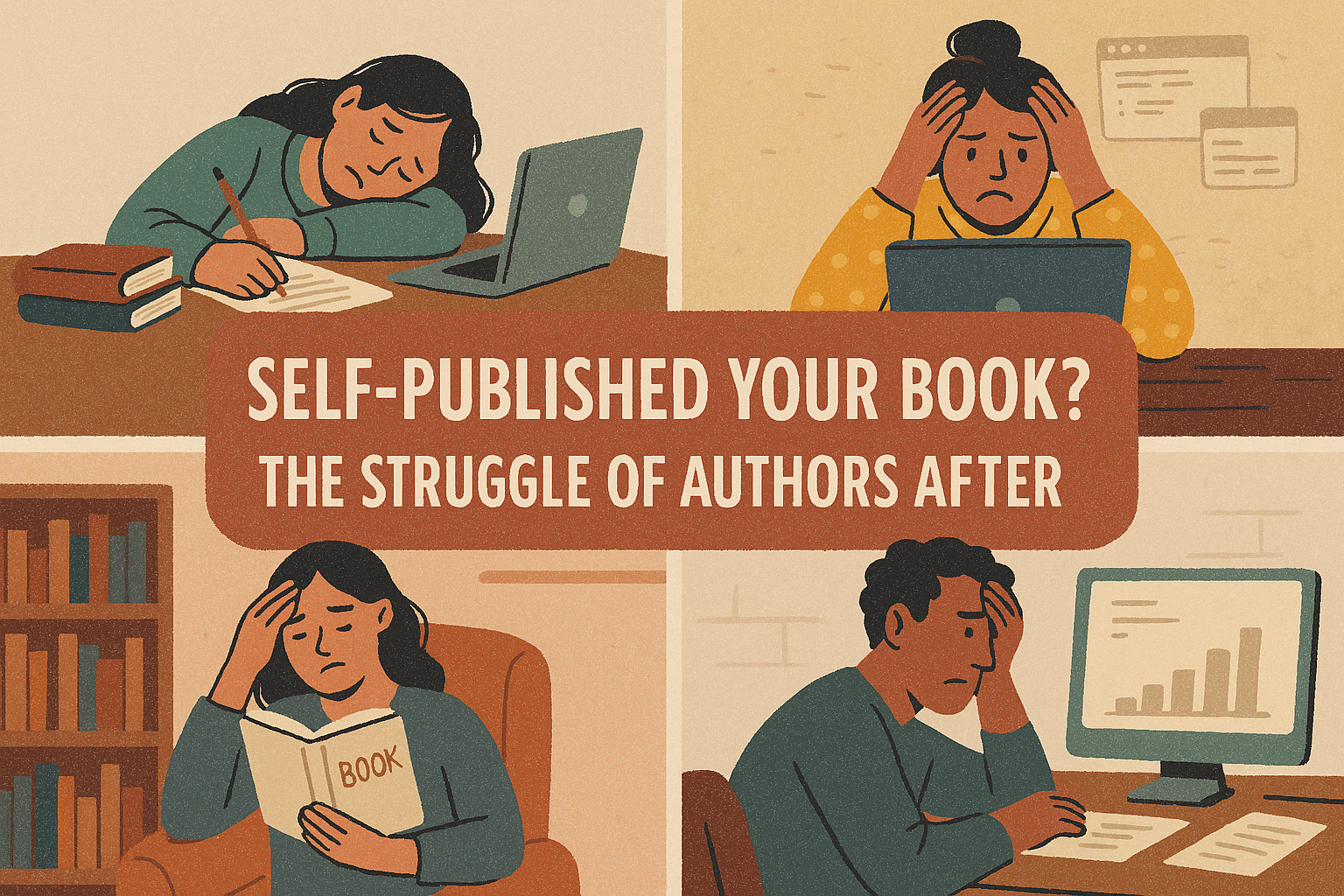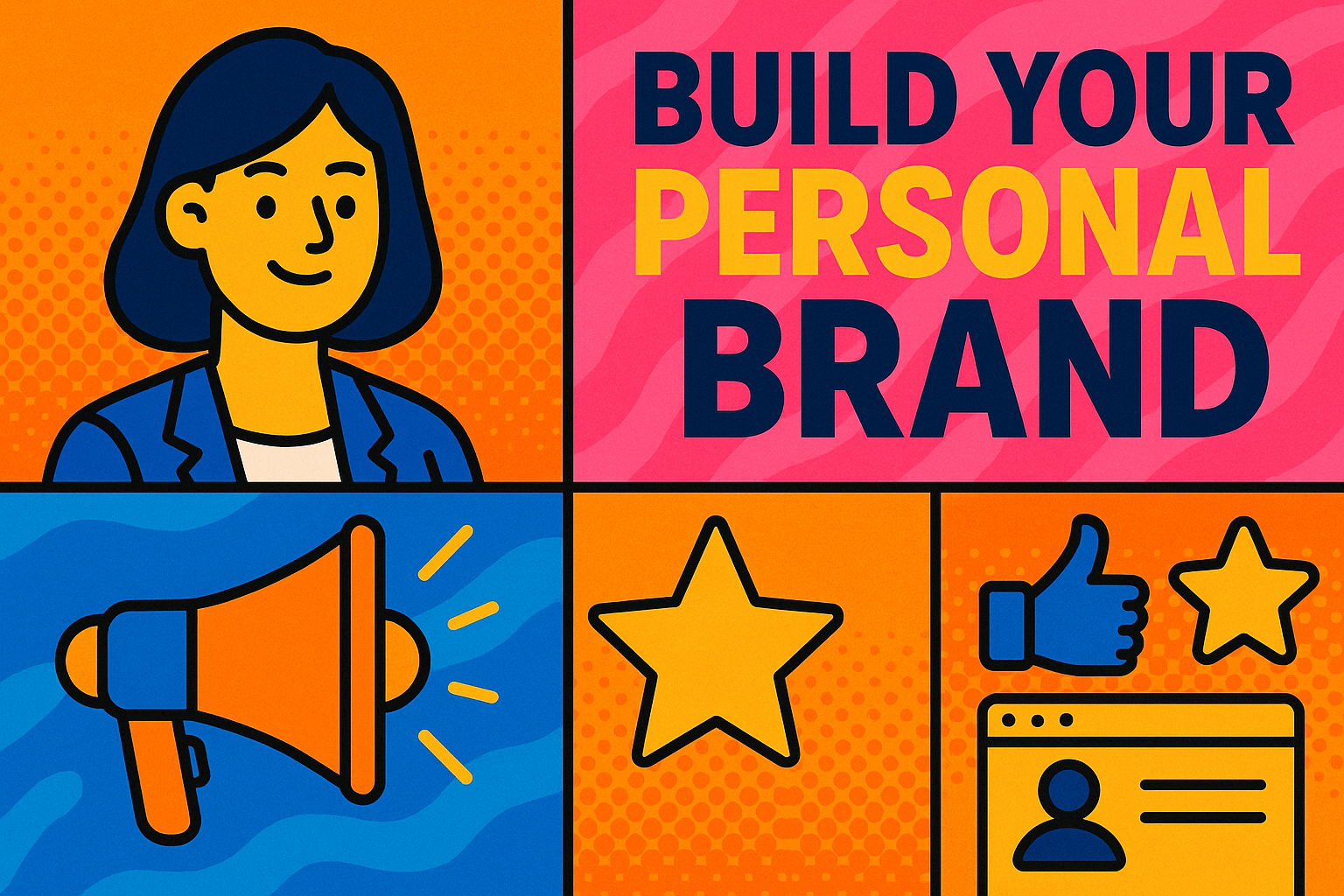Introduction: The Confusion Is Real
When I started my journey as a digital marketer, one thing kept throwing me off—why were half the marketing roles also asking for sales targets?
I’d be applying for what I thought was a content or social media position, and suddenly—
“Must call 50 leads a day and meet monthly conversion goals.”
Excuse me, I thought this was about branding and storytelling… not cold calls and closing deals.
Turns out, I wasn’t alone.
The confusion between marketing and sales is one of the most common career hurdles for freshers—and one of the most misunderstood dynamics in business.
🧠 Are Marketing and Sales the Same?
Short answer: No.
Long answer: They work closely together, but they serve very different purposes.
Let’s break it down like professionals—but keep it human.
🚀 The Core Difference Between Marketing and Sales
| Marketing | Sales |
|---|---|
| Focuses on attracting potential customers | Focuses on converting them into paying customers |
| Works on building brand awareness, positioning, and engagement | Works on one-on-one interaction, negotiation, and deal-closing |
| Long-term, strategic planning | Short-term, goal-driven tactics |
| Involves storytelling, campaigns, SEO, social media, email marketing, etc. | Involves prospecting, follow-ups, demos, relationship management |
Think of marketing as the magnet and sales as the handshake.
One draws people in, the other seals the relationship.
💼 So Why Are They Often Clubbed Together in Job Descriptions?
In startups, agencies, or resource-constrained teams, it’s common to find roles that combine elements of both.
You might be hired as a “Marketing Executive,” only to find that half your KPIs involve calling leads or driving conversions.
Here’s why:
- Businesses want multi-skilled professionals who understand the entire customer journey.
- Digital channels like WhatsApp, Instagram DMs, or cold emails often blur the lines between nurturing (marketing) and converting (sales).
- It’s efficient—but not always fair to those expecting one and getting the other.
Tip for Freshers:
Always clarify the ratio of marketing vs. sales in a job role. Ask: “Is this more client communication or campaign execution?”
🧲 Where Marketing and Sales Overlap
Though different in focus, both teams rely on:
- Customer insights
- Data-driven decisions
- Targeted messaging
- Revenue goals
A successful brand aligns marketing and sales strategies so that messaging is consistent across the funnel.
For example:
- A Facebook ad campaign (marketing) generates leads.
- Those leads are followed up via calls or emails (sales).
- If the lead hesitates, marketing might send a retargeting ad or a case study.
- Sales takes the final call to close the deal.
💬 How I Learned to Navigate This Duality
As a digital marketing fresher, being exposed to sales gave me an edge.
- I learned how real customers think—not just how we want them to think.
- I became sharper at writing conversion-driven content.
- And I understood that good marketing supports sales, not replaces it.
That said, I also learned to set boundaries:
Marketing isn’t about pressure selling. It’s about value creation.
Sales is about relationship building, not just hitting quotas.
🔍 What Should You Do If You’re Just Starting Out?
✅ Learn the Basics of Both
- Understand customer psychology, funnels, email sequences, and objection handling.
- Master tools like Canva, Meta Ads, and Google Analytics—but also learn basic CRM tools like Zoho, HubSpot, or Freshsales.
✅ Clarify Your Career Direction
Ask yourself:
- Do I enjoy creating content, strategizing campaigns, and analyzing brand data? → Go deeper into marketing.
- Do I thrive on client calls, negotiations, and measurable outcomes? → Consider exploring sales enablement or business development.
🎀 Final Thoughts: It’s Not Either/Or—It’s About Alignment
Marketing and sales aren’t enemies.
They’re partners with different personalities.
If marketing is the conversation starter, sales is the closer.
If marketing is the stage lighting, sales is the final act.
As a fresher, learning to balance both is what makes you irreplaceable—the kind of talent clients and companies crave.
So next time someone confuses the two, feel free to smile and say:
“I’m in marketing.
I don’t sell the product.
I make people want to buy it.”


